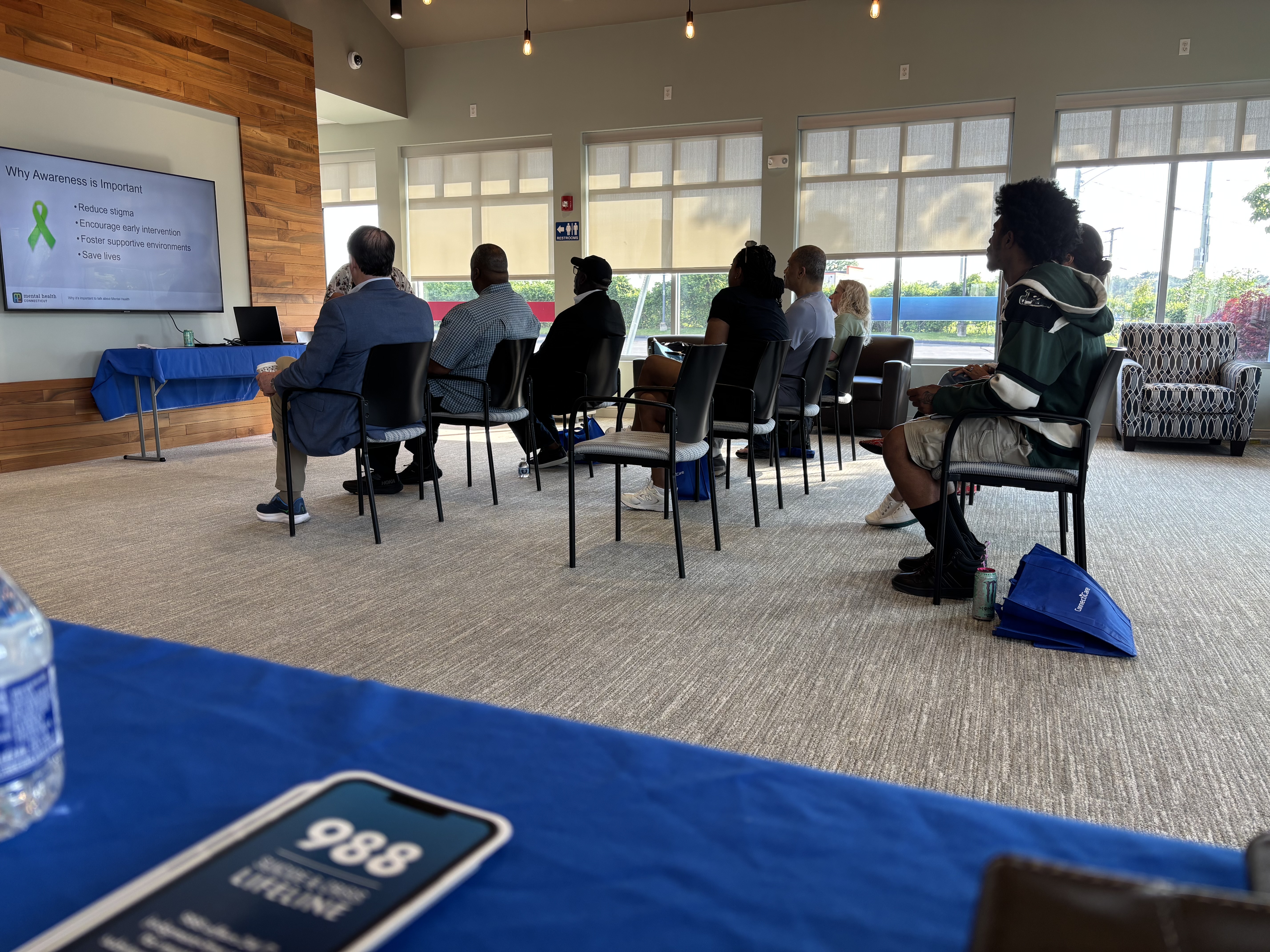The trade war between the U.S. and China is creating uncertainty for some Asian grocers in Connecticut that import much of their product from China.
Walking into S&A Market in Norwich, the store is lined with shelves of product from all over Asia.
Stream Connecticut News for free, 24/7, wherever you are.
Owner Mei He has been in business for about six years, but the last few months have been some of the most challenging.
“My customers will say ‘Oh price has gone up! Things are more expensive.’ Before with $100, that would have bought a good number of groceries, but now it only covers maybe 32% less now,” she said in her native Mandarin.
Get top local Connecticut stories delivered to you every morning with the News Headlines newsletter.
The store owner said wholesale prices of imported products, especially from China, have gone up. They make up about 60 to 70% of the store’s inventory.
Tariffs are a big reason why. Products from China currently have a 30% tariff. That’s down from 145% in April with a 90-day pause in effect as the U.S. and China negotiate a trade deal.
She points to Walovi, a popular Chinese herbal tea, as an example.
Local
“Our drink here, the price used to be $19. Now it’s $21 and the price is the whole box,” she said.
The store owner said the changes in wholesale price means making tough calls, balancing between covering overhead costs of the store and keeping prices reasonable for customers.
That means raising prices on some items, but eating the cost on others, much of them ingredients that can’t be made domestically. The store serves more than the 5,000+ Chinese people in New London County.
Customers from many different backgrounds come from all over the state also shop there.
“They understand this isn’t us wanting to charge more but some customers may have some complaints about certain prices,” He said.
Jim Mohs, a University of New Haven accounting expert, said tariffs on any imported groceries have typically been low, but he said mom and pop grocers have a tougher time with wholesale price changes than bigger chain grocers.
“They work on very small margins, so they don't have the luxury of lost leaders and other types of products to make up their profits,” Mohs said.
He said she’s more focused on her business affairs than trade affairs between the U.S. and China, but hopes there can be a resolution.
“We do our business the way it should be done, but of course, I would like to see the tariffs reduced,” she said.
The store owner said having a diversified supplier base is helping. The vegetables are all domestically produced, and some Chinese products are imported from Canada.



